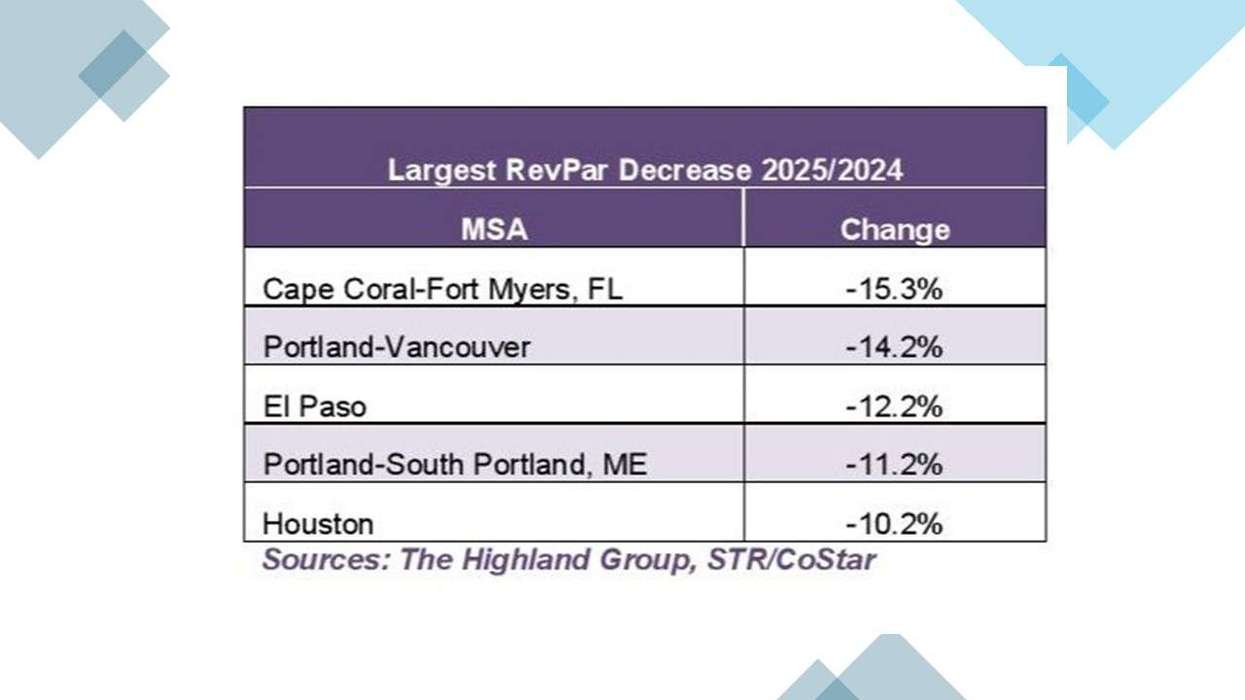NEGOTIATIONS ON THE next round of federal stimulus have officially stalled out as President Trump has ordered Republican legislators to stand down until after the election. The news was greeted with anger and disbelief by hospitality advocacy groups that have been warning Congress about the consequences of inaction.
Trump pulled the plug on the negotiations over Twitter on Tuesday, taking issue with Democrats demand to make the package $2.4 trillion instead of the Republican’s $1.6 trillion. The president, who was diagnosed with COVID-19 just last week, also claimed Speaker of the House Nancy Pelosi wants money “to bailout poorly run, high crime, Democrat States” and was negotiating in bad faith.
“I have instructed my representatives to stop negotiating until after the election when, immediately after I win, we will pass a major Stimulus Bill that focuses on hardworking Americans and Small Business,” Trump tweeted.
Pelosi responded by saying the White House is “in complete disarray.”
“Today, once again, President Trump showed his true colors: putting himself first at the expense of the country, with the full complicity of the GOP Members of Congress,” Pelosi said. “Walking away from coronavirus talks demonstrates that President Trump is unwilling to crush the virus, as is required by the Heroes Act.”
AAHOA and the American Hotel and Lodging Association released statements condemning the breakdown of talks, saying the fate of the hotel industry and the thousands of jobs it supports are now teetering on the verge of collapse. AHLA, which had just recently joined nearly 200 other groups in sending a letter to Congress asking legislators to continue negotiations on the next round of stimulus, said there is too much at stake for Congress to do nothing.
“This is unacceptable and unconceivable with millions of Americans out of work and thousands of small businesses barely hanging on. It’s time for our leaders in Washington to put politics aside and chart a bipartisan path forward to help businesses and employees in the hardest-hit industries,” said Chip Rogers, AHLA president and CEO. “Millions of jobs and the livelihoods of people who have built their small business for decades are just withering away because our leaders in Washington are prioritizing politics over people. America’s hotel industry is on the brink of collapse. We can’t afford to let thousands of small businesses die and all of the jobs associated with them be lost for many years.”
Cecil Staton, AAHOA president and CEO, also stressed the economic impact in his statement.
“The breakdown of the negotiations over the next round of economic stimulus represents the absolute dysfunction of our government. Millions of Americans remain out of work. Tens of thousands of small businesses need a lifeline to survive this pandemic and need real relief now,” Staton said. “American’s deserve a government that will not forestall vital economic stimulus to score cheap political points. The future of countless small businesses and the millions of jobs they create is at stake. America’s hotel owners call on our elected leaders to negotiate in good faith and broker a deal as soon as possible to help small businesses keep the lights on.”





